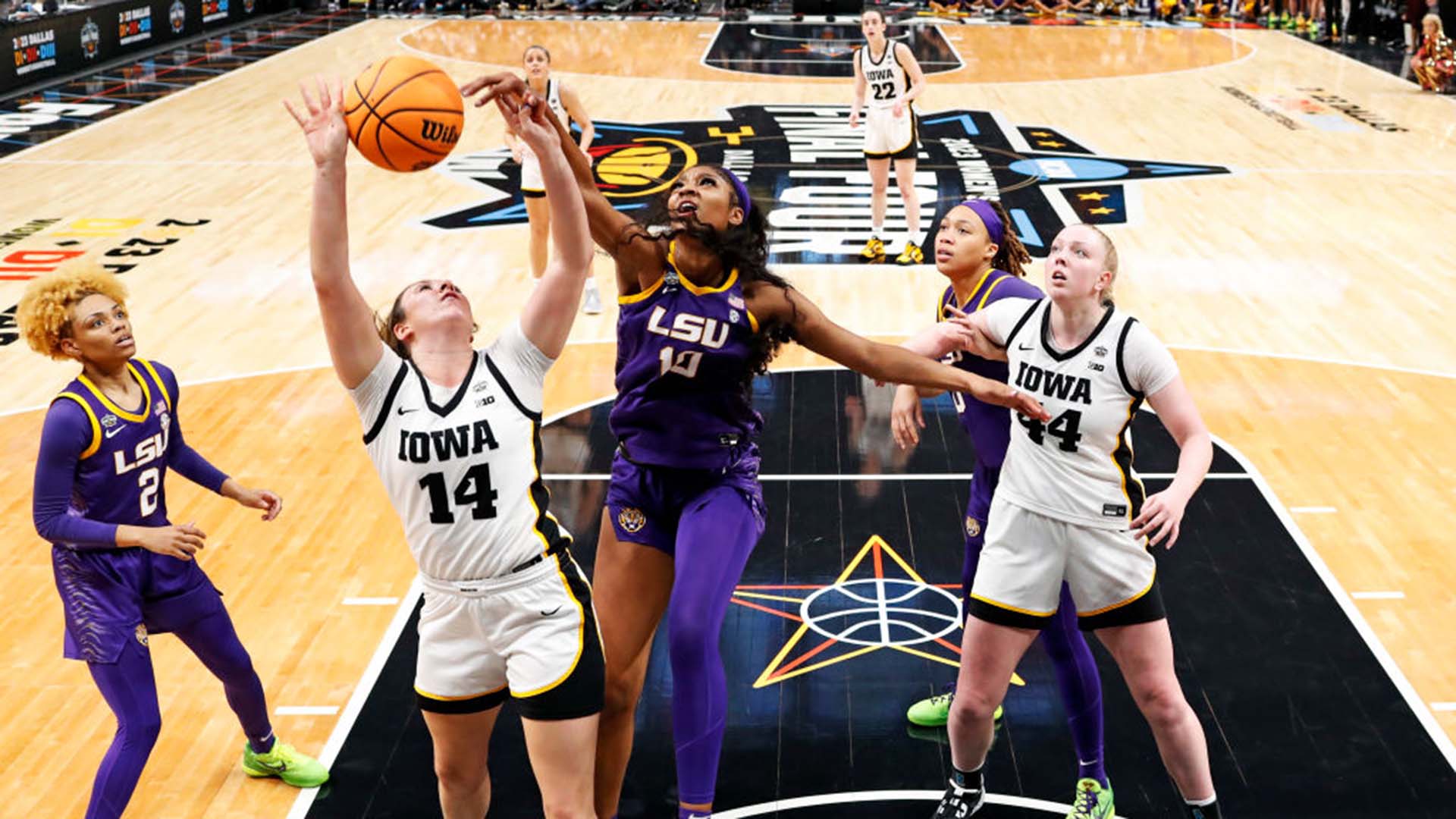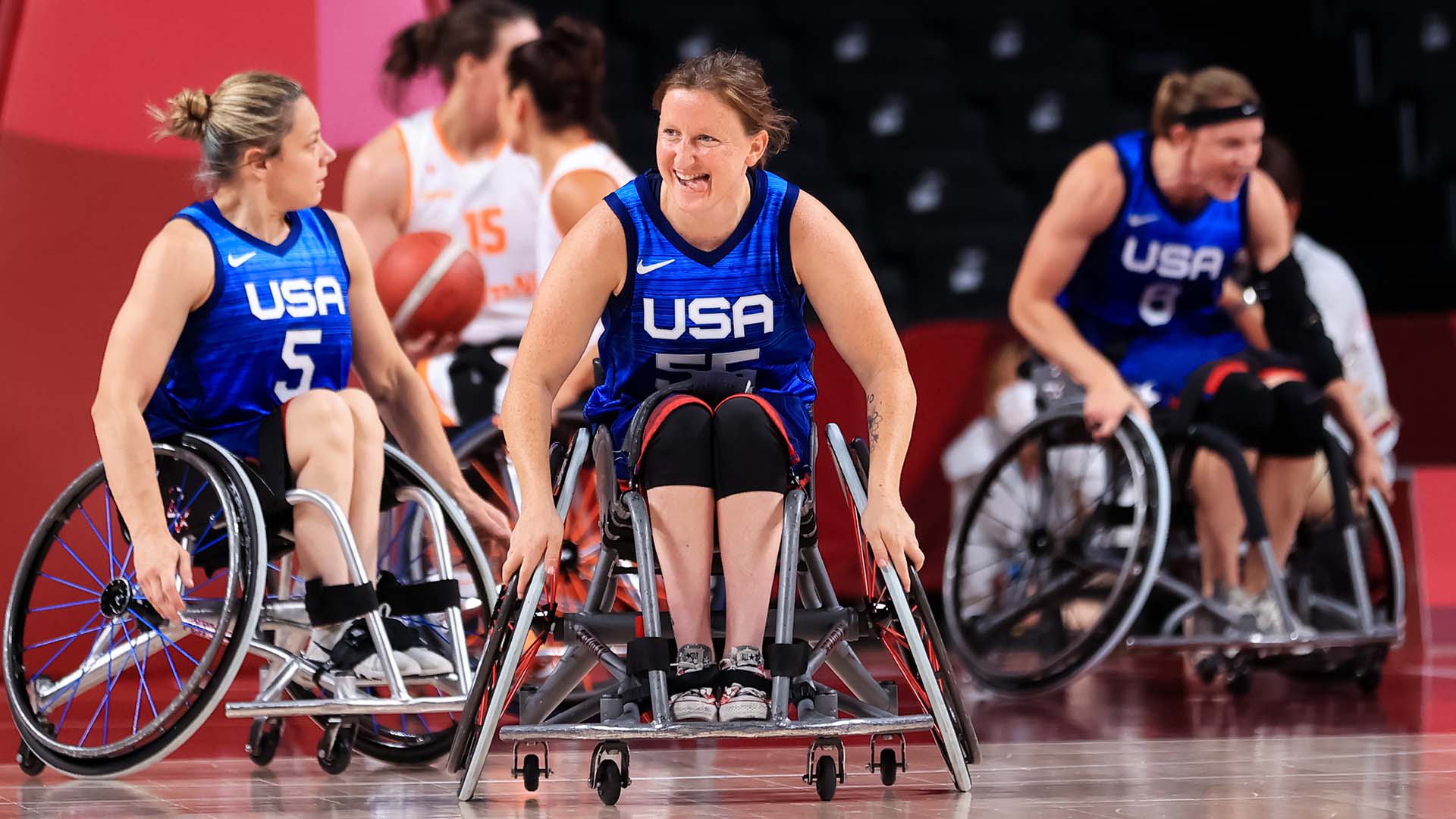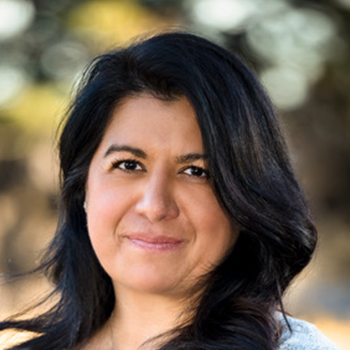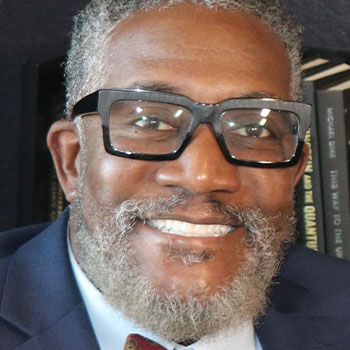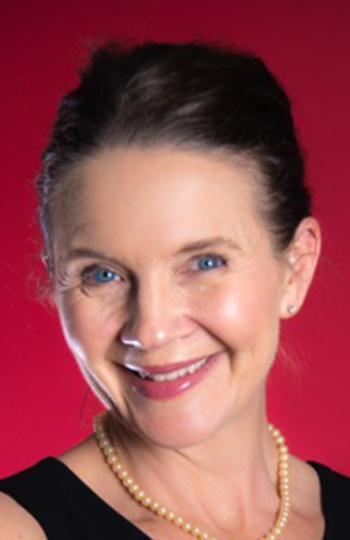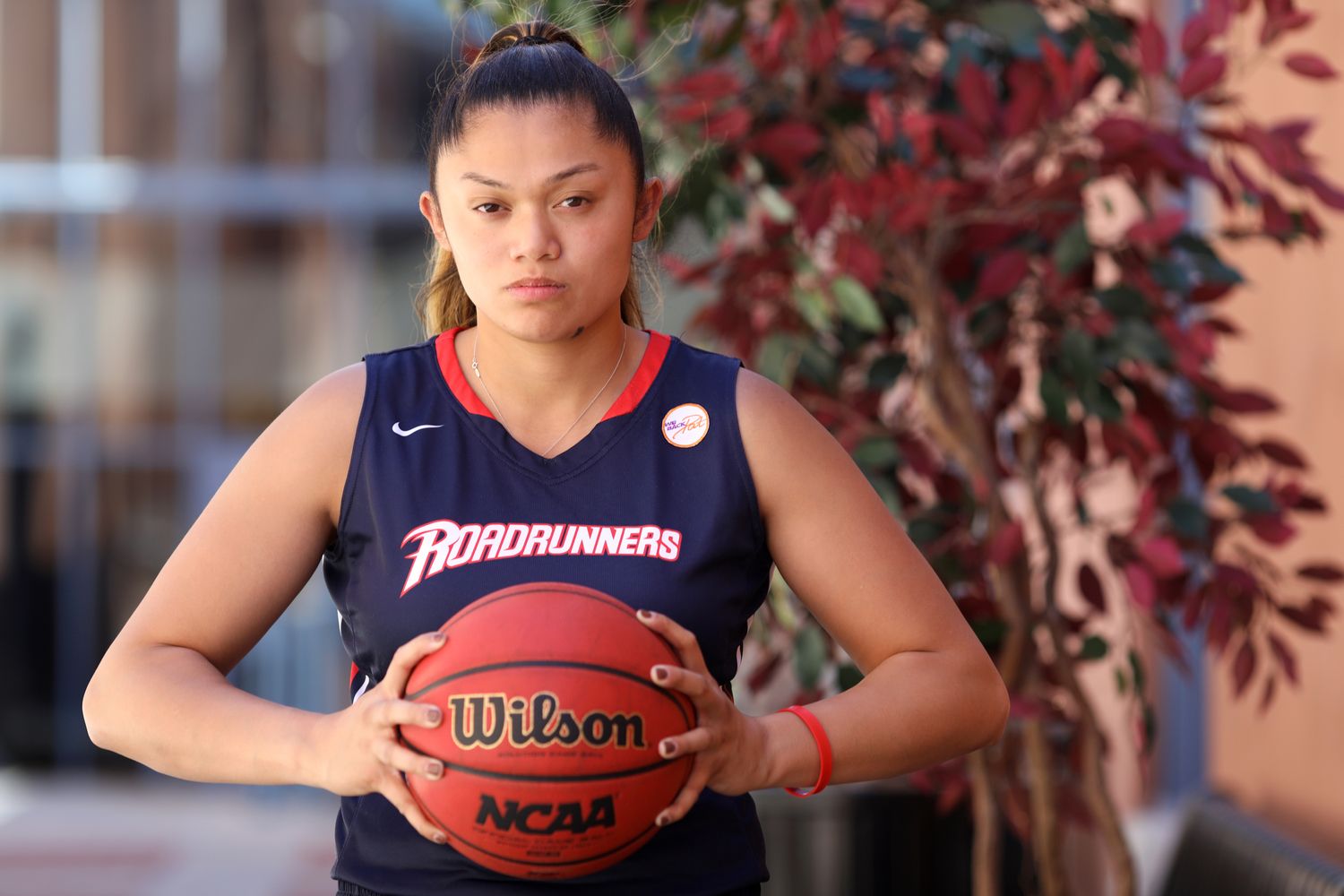
She could have quit – many times. Countless other athletes have tossed in the towel for much less than what Raquel “Rocky” Torres has faced.
Quitting never crossed her mind.
When Torres came to MSU Denver in 2014 to earn her degree in biology and play basketball, she was full of hope. And with good reason: She was a superior student and a scoring machine.
Before MSU Denver, she played two seasons at City College of San Francisco, where she was team captain and made first-team all-conference as a sophomore after averaging 11.1 points, 4.3 assists and 2.2 rebounds per game. In high school, she was a three-year team captain and was named first-team all-league, female athlete of the year and conference scholar-athlete of the year as a senior. She averaged 13.7 points, 5 rebounds, 1.6 assists and 1.3 steals a game. What’s more, she lettered in volleyball, softball and track.

So, yes, hopes were as high as a fourteener when she arrived in Denver.
MSU Denver head coach Tanya Haave said she loved Torres’ basketball IQ and expected she’d be a clear standout on the court.
But those hopes faded during a preseason practice in her junior year. A quick wrong turn, and she suffered a microfracture in her knee – often a career-ending injury.
“I basically didn’t have cartilage in my knee,” Torres says. “But we thought I’d have a chance since I was young and active.”
A surgeon drilled holes in a bone to allow blood to flow through and dry up to serve as makeshift cartilage. At first, it seemed it was going to work, but every time regaining full strength seemed possible – along with a starting spot on the squad – it would be just out of reach.

“I can’t even count how many setbacks I had with the injury,” Torres says. “I could never get over the hump and turn the corner.”
Haave says it was heartbreaking. “The injury would get better, and it looked like she’d be able to play, and then something else would happen, just over and over again,” Haave says.
It was precisely at these dark moments when Torres’ skills began to shine – her off-court skills. Everyone around her learned she knew the true definition of team. It’s when she didn’t quit. Most important, it’s when she let her heart heal the hurt.
She chose giving over giving up. She just gave – over and over again – what she had left to give. Of herself. Of her heart. Of her soul. And, she gave it all at every turn: She gave to her team, to her school and to her community.
“She ended up having a huge impact on the team,” Haave says. “She basically became a coach; she was enthusiastic, always there for her teammates. I’ll tell you, 99 percent of players wouldn’t do what she did. It was a testament to her perseverance and to the kind of great person she is.”
Torres, who graduated in May, says taking on the coaching role only boosted her positivity. “The support my teammates, coaches and others … gave me is what really got me through,” she says. “They helped me find a bigger purpose to being involved without actually being on the court. They helped me stay positive. I knew that if I began having a negative attitude, it would ultimately affect the team and the locker room, and I didn’t want to be a problem on the team.”
That was just the start of her giving. She says she had a friend who worked at a local senior center. She asked her friend if she could use some help. So Torres became a regular there – calling bingo, coordinating activities, playing cards and often just listening. “I loved it because you can make someone’s day just by asking how they’re doing and listening to their responses and their stories,” she says.
Then, Torres, who’ll return to school this fall for a master’s degree in nursing, became president of MSU Denver’s Student-Athlete Advisory Committee and represented the University at the Rocky Mountain Athletic Conference meetings.
Her good works didn’t go unnoticed. Earlier this year, the Women’s Basketball Coaches Association chose Torres for its Allstate Good Works Team Award, which recognizes players for their contributions to their universities and communities.
Why does Torres do it all?
“I give my time because I love spending time with others and helping others,” she says. “This year, I tried to decrease my idle time of watching TV or scrolling social media. Instead, I gave my time and energy to those who needed it most. What I get from it is a reminder that the world needs more compassion.”
More compassion – and more people like Rocky Torres.

